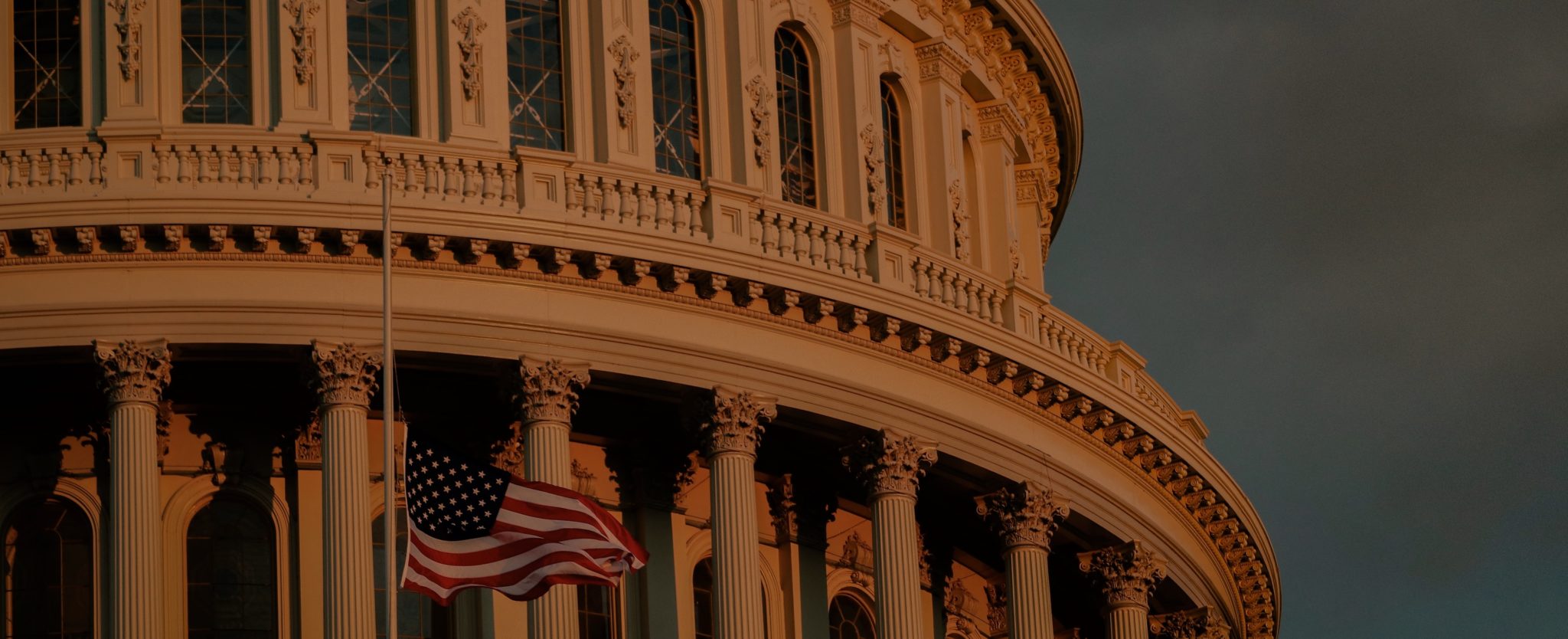On October 22nd, the U.S. House of Representatives voted to advance legislation that would require companies to disclose information about their ultimate beneficial owners to strengthen anti-money laundering controls in the country.
According to Bloomberg, “the bill, H.R. 2513, which passed 249-173, would make it harder to use anonymous shell companies to break the law”.
In her Bloomberg article, Elizabeth Dexheimer writes:
The House bill would require companies to tell regulators the names of the owners of shell companies – information the Treasury Department would collect in a private database and law enforcement could use to help catch money launderers, tax evaders and other criminals.
It appears that numerous big banks are among the supporters of the proposed legislation “because they would no longer shoulder the full burden of reporting customer wrongdoing to law enforcement”. Under current rules, LLCs and other small firms have limited requirements regarding disclosures of who will benefit from the companies’ profits. However, “banks are required to report any suspicious activity, which can involve a lot of paperwork”.
After the vote in the House, the next step will be for the bill to go to the Senate, which is currently considering similar legislation.
While the European Union is surely leading the way in establishing beneficial ownership registers accessible by the public, AML regulations are evolving almost everywhere (the Cayman Islands government, for example, recently announced that it intends to introduce a public register of beneficial ownership by 2023). Over the next few months, it will be interesting to observe the impact that the U.S. move towards more ownership transparency will have on the international financial system.
To get updates on this and other news stories regarding AML regulations from around the world, make sure to sign up for our email newsletter here and to follow us on Twitter and LinkedIn.
Last updated on May 9th, 2023 at 08:52 pm


